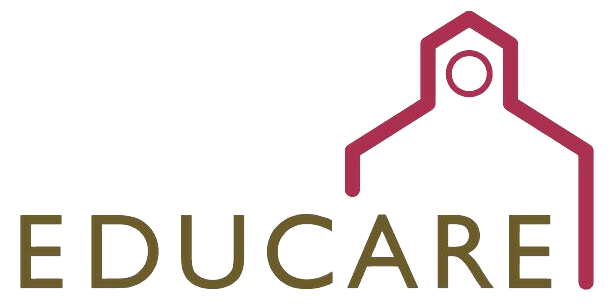Children who attend Educare schools, especially those who attend longer than one year, leave for kindergarten with language and social skills near national average and better than children in similar disadvantaged circumstances who have not attended an early childhood program. Programs, funders, and policymakers want to know how these children fare once they are in the early elementary grades--will the gains they made in Educare be sustained or perhaps even increased, or will the gains fade away? The first purpose of the Follow-up Study is to address the question of the maintenance or “fade-out” of impacts of early care and education (ECE) programs, specifically Educare. The data gathered will also be used to examine which skills developed during the Educare years underlie acquisition of academic and social skills during the first years of elementary school. The second purpose of these studies is to collect local school records of children’s progress K-3rd grade.
Over 250 children – about half Educare graduates and half comparison children—were recruited into the study as they began kindergarten. The study began in 2015. The children who were recruited as kindergartners in 2017, the last year of recruitment, should be in third grade in the spring of 2012 when their last assessment that is part of the project will be given.
Individual Educare schools have conducted other follow-up studies and have found them helpful in documenting child and family successes and engaging local support for their programs. The current study supports and coordinates the efforts of Educare programs in Atlanta, Central Maine, Denver (Clayton Early Learning), Kansas City, and Tulsa. The goals of this project are to enable several Educare schools to conduct follow-up studies in as comparable a manner as possible; to collect and analyze the cross-site data; and to support each individual project so that their local study results are of the greatest use for local purposes.

